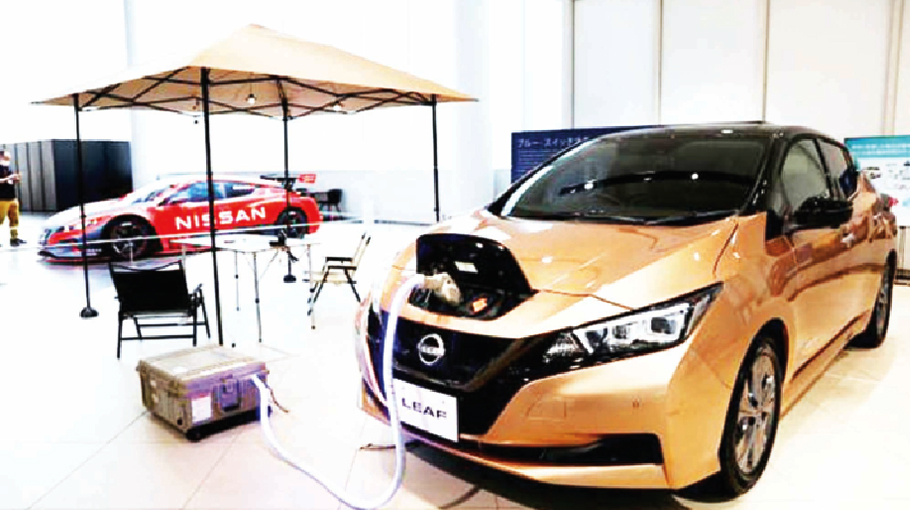US, Japan reach deal on critical EV battery minerals

The United States and Japan have reached an agreement on trade in minerals that are key to electric vehicle batteries, US trade officials said late Monday, a move to reinforce supply chains in a sector dominated by China.
Rare earth elements and minerals such as lithium are becoming increasingly important in clean energy technologies, but the United States is set to face gaps in such critical mineral supplies when it comes to meeting expected demand for EVs.
The latest US-Japan deal includes commitments not to impose export duties on critical minerals shipped to the other country, said statement released by the US Trade Representative (USTR).
"The United States and Japan share a common interest in strengthening supply chains between like-minded partners and increasing resilience against threats such as economic coercion," the USTR added.
Ambassador Katherine Tai said the agreement marks "a welcome moment" as Washington continues to work with allies and partners to boost supply chains, including through the Inflation Reduction Act (IRA).
That law stipulates that 40 percent of critical minerals in an eligible EV battery needs to be extracted from, or processed in, countries that have free-trade agreements with America.
This figure is set to rise to 80 percent in 2027 and the rule would have excluded the European Union and Japan -- drawing concern from both parties. But the latest deal opens the doors for critical minerals processed in Japan to qualify for some US subsidies under the act. The Treasury Department will issue a notice by the end of this month with proposed guidance on the IRA's critical minerals and battery components requirements.
Boosting the critical minerals supply chain "advances economic security and stability by ensuring the United States and allies and partners are not reliant on other countries for critical minerals," said a senior US administration official on condition of anonymity.
The pact covers five critical minerals most needed for EV batteries, and will be reviewed every two years, the official added.
According to the USTR, the US-Japan agreement also involves commitment to confer on "best practices regarding review of investments within their territories in the critical minerals sector by foreign entities."
This month, US President Joe Biden and top EU official Ursula von der Leyen announced the start of negotiations on a critical minerals agreement to enable the relevant resources extracted or processed in the European Union to qualify for IRA subsidies.
The IRA includes $370 billion going towards reducing greenhouse gas emissions, with some investments in the form of tax cuts for companies that invest in clean energy, along with subsidies for electric vehicles, batteries and renewable energy projects -- if they are US-made.




